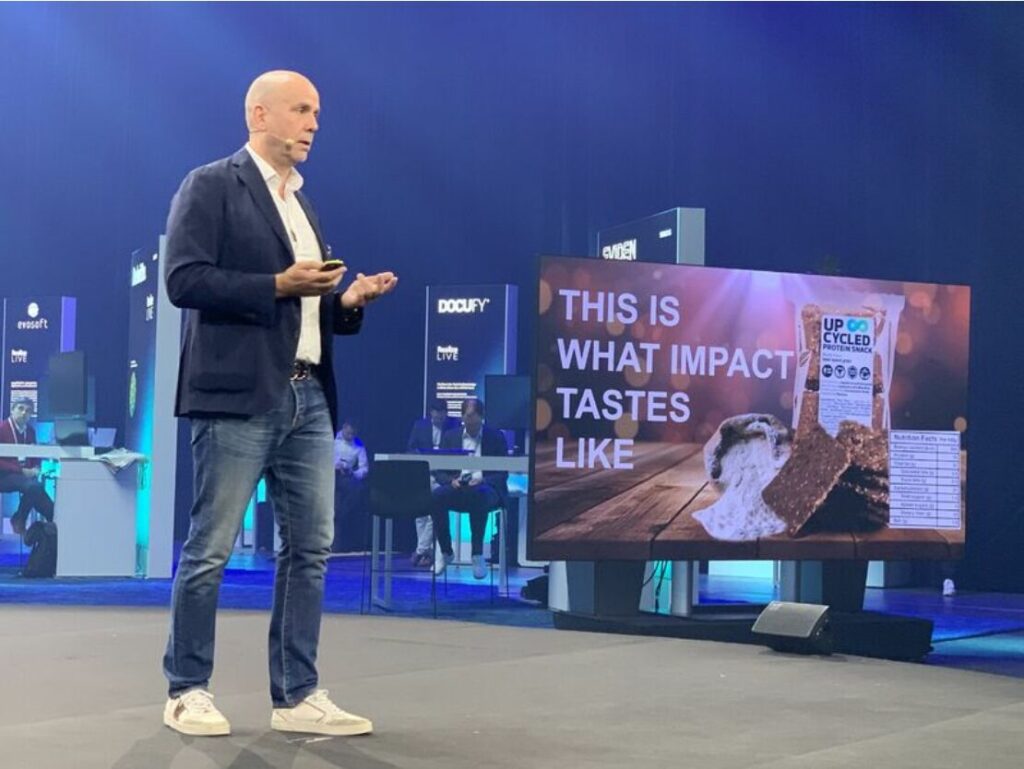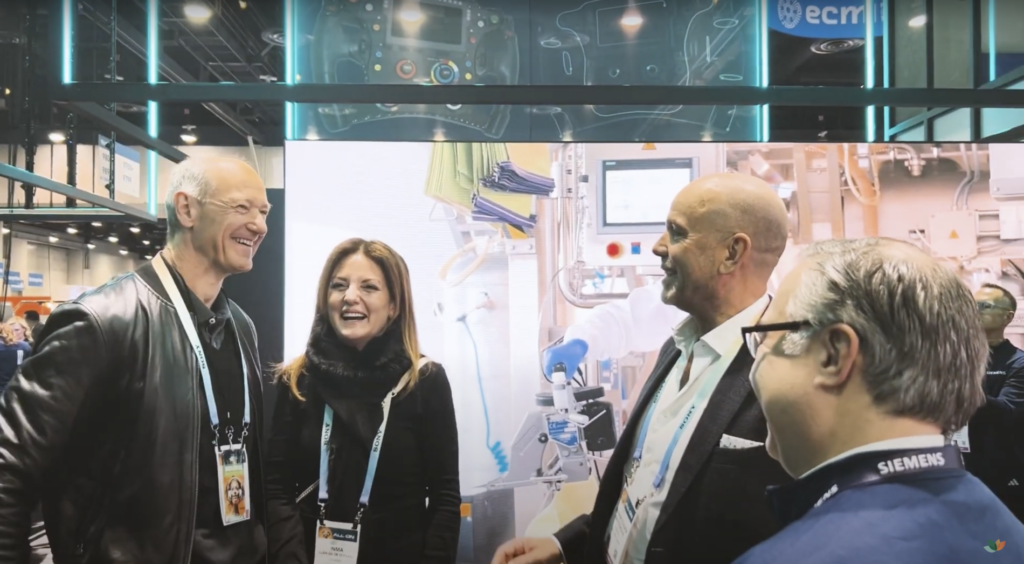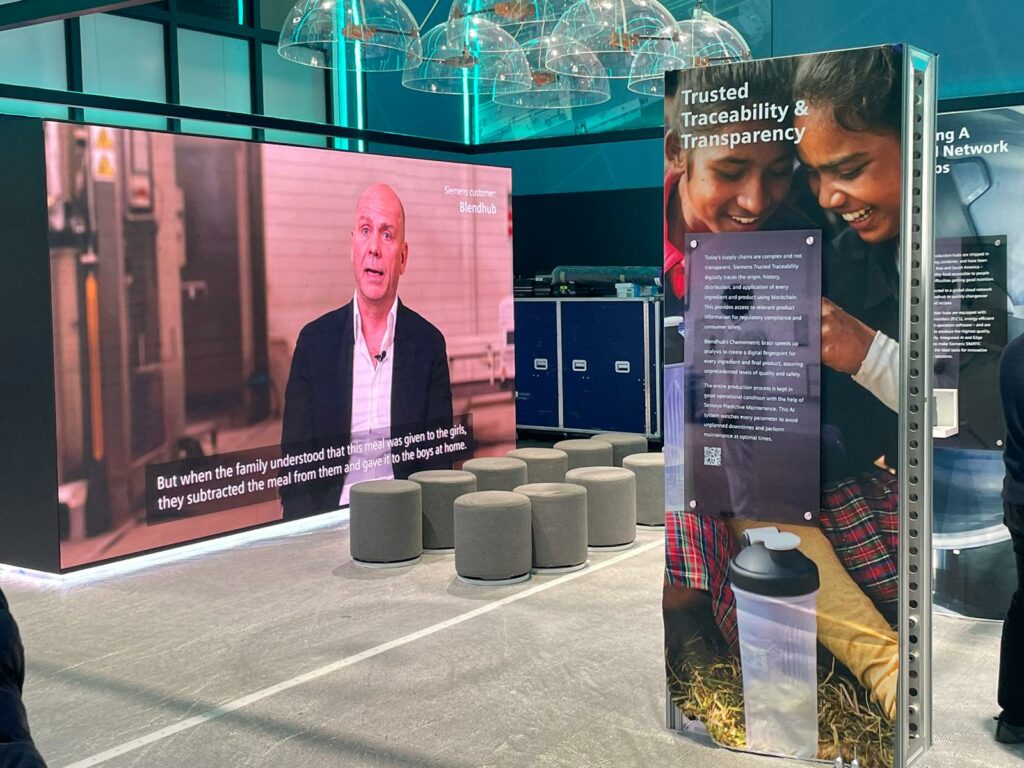The claim for more transparency is disrupting companies: In the Digital Era, corporations can no longer dodge this demand, also an opportunity for growth, and innovate in a sustainable way. As shown in the documentary below, which I recommend you to watch, transparency means opening the door to collaboration and ideas but also to a more efficient and trustworthy supply chains.
“The Naked Brand: The Future of Marketing”, by Bloomberg, presents successful stories of companies or projects such as Common, Pepsi, Unilever, Virgin or Patagonia that were able to understand that brand experience nowadays go from bottom to top and that after the arrival of the internet and social media there is nothing in between the consumer and the reality of businesses, as Alex Bogusky, founder of Common and a very knowledgeable person about the advertising industry, points out.
The documentary narrates the shift from an advertising industry dedicated to telling fictional stories about brands to a new state in which consumers are very well informed and even provide their own data about the brands. Therefore, delivering the best products is the new advertising for companies. That means that to improve and to innovate are the only choices of survival for companies in today’s world while transparency is inevitable to win the consumer’s trust and embrace the future.
Additionally, the documentary shows how sustainability, social good and transparency are compatible with profits and that innovative companies are proving that becoming socially good and sustainable is a competitive advantage. By reducing the size of its liquid detergent packaging Unilever obtained a considerable cost reduction while protecting the environment. Another example being after a newspaper revealed situations of abuse against female workers by Nike’s providers in Cambodia, the company’s supply chain became more efficient and secure.
The film, 44 minutes long, ends with an interesting question. How can advertising help brands in the future? Perhaps by helping them to be more transparent and socially responsible or to engage consumers to become more like a partner or a collaborator to deliver better products (Here you can watch the documentary).



